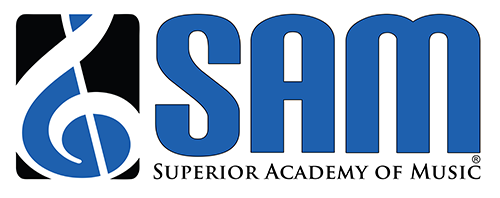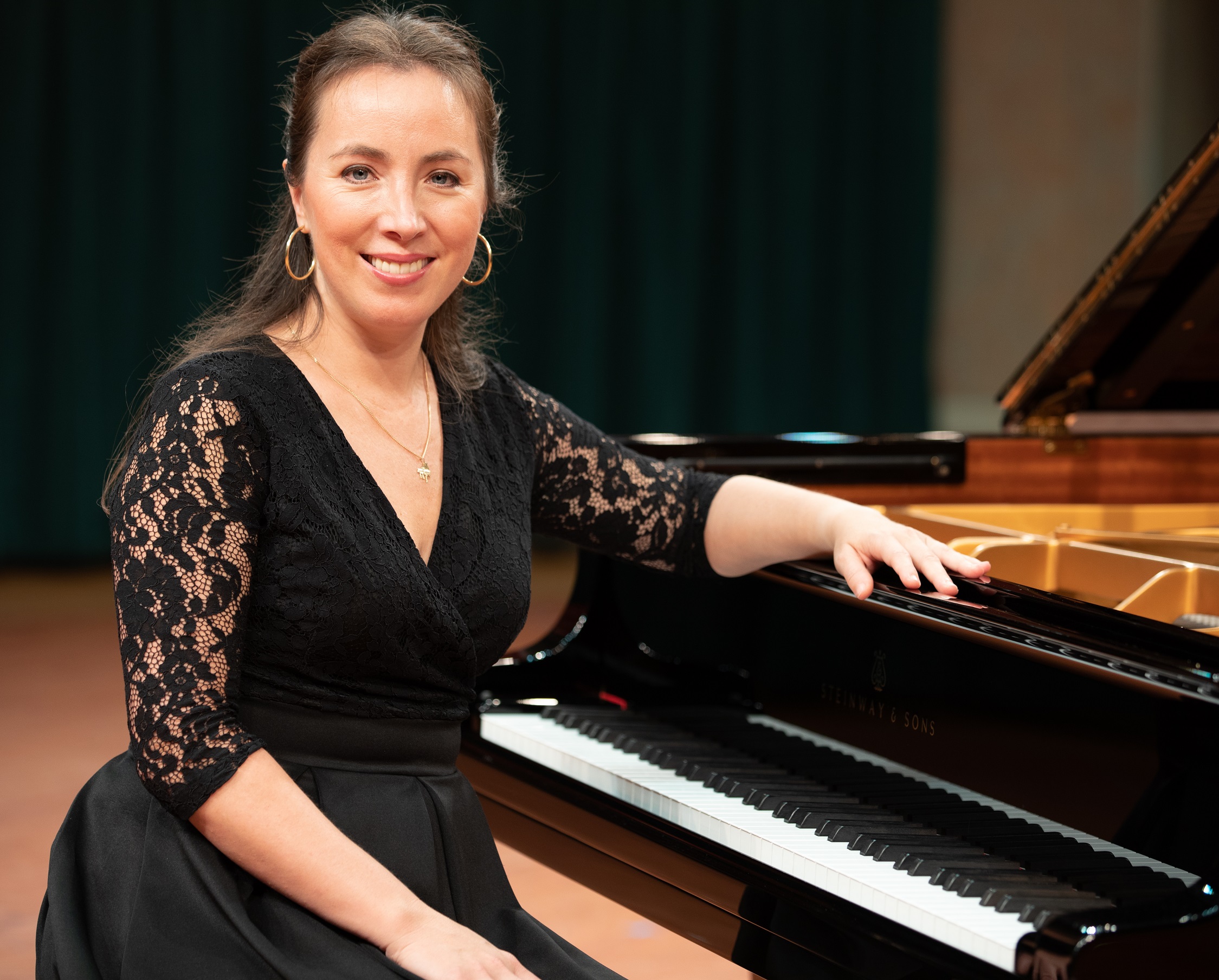
We get it. Classical music can be intimidating; but it really doesn’t have to be. Here at Superior Academy of Music, we know that listening to classical music enriches your life in countless ways. We make it our personal mission to turn anyone and everyone who’s willing to listen into classical music lovers. If you find yourself primed and ready to start your classical journey, but you’re unsure where to begin, we’ve put together a few helpful tips and interesting facts to help you get started…
A Beginners Guide to Classical Music
You know more than you think you do: You might think you know nothing about classical music, but chances are you know more than you are even aware of. You’ve probably heard classical music being played in elevators or department stores and you’ve probably even tapped your toes to a piece or two. And who hasn’t heard of Beethoven or Mozart? Checking in with yourself first to see what you already know is always a good place to start.
It only takes a couple of hours a day: You can start by listening for an hour or two a day, a couple of days a week. But beware—you will most likely get hooked; before you know it you’ll be listening to classical as you go about your daily routine. Pro tip: Our favorite time to listen to the sweet sounds of Bach or Brahms is when we are reading or writing.
There are six periods: Classical music is generally classified into six periods. Each period is characterized by stylistic differences:
Medieval— This period came before 1400. It is mostly religious music that often includes Gregorian chants.
Renaissance— This period lasted roughly from 1400-1600. During this time, the world was experiencing vastly increased freedoms, and as a result, there was an increase in secular art.
Baroque— This period refers to 1600-1750. Intricate ornamentation was key to the Baroque period. The ideas for the modern orchestra and the opera came out of this period.
Classical— This period refers to a relatively small window of time: 1750-1830. The Classical period is all about structure and balance.
Romantic— Even shorter than the Classical period, the Romantic period spanned 1830-1900. The pieces from this period are emotional, large and methodical.
20th Century— This brings us to the current period—where the options are really limitless.
Some parting advice: Take your exploration one composer at a time. Listen to a few pieces composed by Haydn, then Schubert, then Stravinsky and so on and so forth. Take the time to truly listen, figure out what speaks to you and what doesn’t, and then find pieces similar to those you like by other composers. Before you know it, you’ll be a classical music aficionado, spreading the word to anyone who will listen, just like us.
The bottom line is this: Listening to classical music is actually not a daunting task at all and it is never too late or too early to start. Superior Academy of Music (SAM) is a Miami music school that works with students of all ages. If you are looking for a comprehensive music curriculum like no other, look no further than SAM. We offer piano lessons, guitar lessons, voice lessons, violin lessons, cello lessons and theory lessons. We also offer a preschool music class for ages 3 to 5. Looking to getting started with your music studies? Here at SAM, we can take you to the next level.

